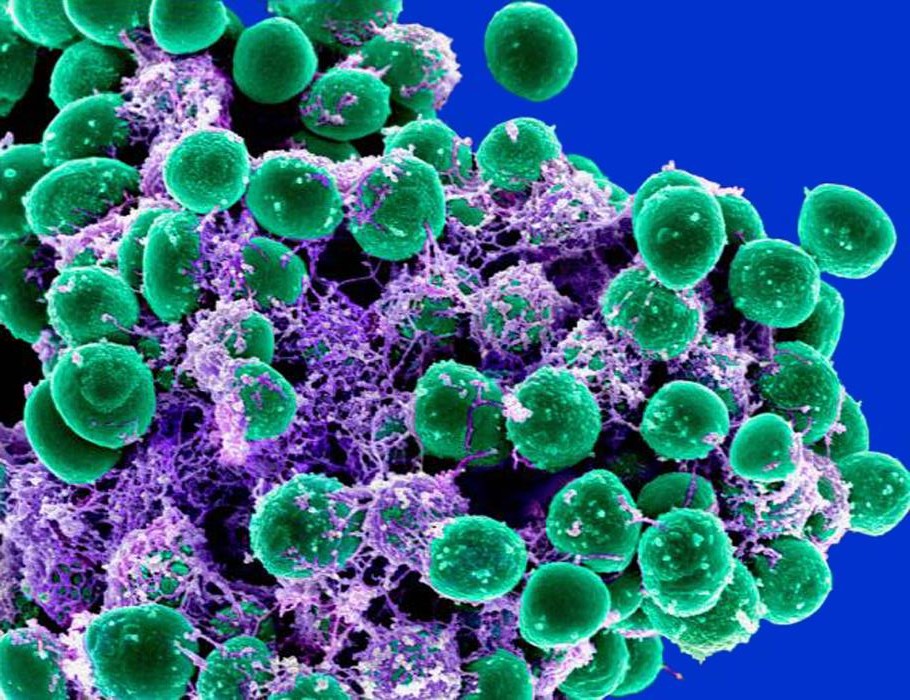MRSA & Staph Infections: Reasons to Practice Good Hygeine
You’ve probably heard of MRSA and Staph infections before, but do you really know what they are? Do you know how to keep yourself and your friends infection-free? Below are a few tips for doing so and some information on why it’s important!

Staph infections are caused by Staph bacteria and are some of the most common skin infections in the United States. Fortunately, most of these skin infections are minor such as pimples or boils and can be treated without antibiotics. However, staph bacteria can also cause serious infections, including those resistant to antibiotics, also known as MRSA (methicillin-resistant staphylococcus aureus).
Although most staph infections, including MRSA, occur most frequently in persons in hospitals, the infection can also be transmitted in settings outside hospitals and are referred to as “community acquired MRSA” – think community showers, gyms, or locker rooms.
MRSA in the community usually manifests as a skin infection such as a pimple or boil and worsens rapidly.
Any student who has concerns about a skin condition that may be MRSA should make an appointment at UHC as soon as possible. If a same day appointment is not available online, try calling the registration desk at 706.542.1162 to see if you can be seen that day. Receiving prompt treatment is important!
Also important is taking steps toward preventing these infections – and it’s not hard to do! Staph infections and MRSA can be prevented by practicing good hygiene.
For starters, follow these easy guidelines:
- Wash hands thoroughly using soap and water or an alcohol-based hand sanitizer – and do it often.
- Keep cuts and scrapes clean and covered with a bandage until healed – even the minor ones!
- Avoid contact with other people’s wounds or bandages – leave that to the healthcare professionals with gloves on.
- Avoid sharing personal items such as towels or razors – community bathrooms do not mean you have to share everything!
For more in-depth information please visit the CDC Community Based MRSA webpage.
